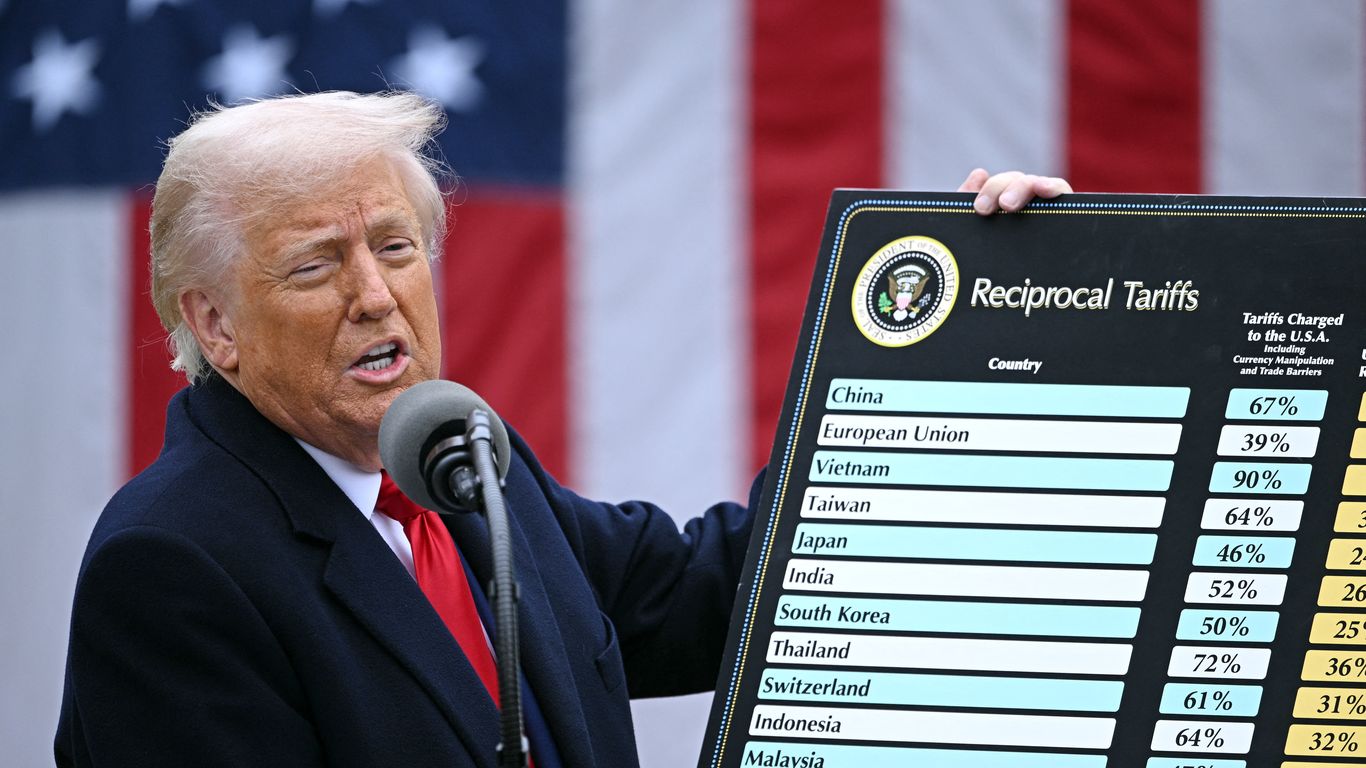
Navigating the Shifting Sands of the American Economy: A Time of Uncertainty
The American economy is currently navigating a period of significant uncertainty, marked by contrasting narratives and predictions. While the administration champions a bold, transformative approach to trade and economic policy, many experts express considerable concern, warning of potential economic downturn. This divergence in viewpoints warrants careful examination.
At the heart of the current debate lies the administration’s aggressive tariff strategy. Presented as an “economic revolution” designed to revitalize American industry and manufacturing, this policy has imposed substantial levies on imported goods. The rationale behind this approach centers on the belief that protecting domestic businesses from foreign competition will stimulate job growth and bolster the economy. Proponents argue that the short-term pain of increased prices will ultimately lead to long-term gains in domestic production and economic strength. The “hang tough” message to businesses underscores a belief that temporary hardship will be rewarded with future prosperity.
However, a growing chorus of economists are sounding alarm bells, predicting a potential recession. Their concerns stem from several interconnected factors. Firstly, the tariffs themselves have created uncertainty in global markets, leading to increased prices for consumers and businesses alike. This inflationary pressure can stifle economic growth, as consumers reduce spending and businesses postpone investments. The ripple effects of these tariffs are complex and far-reaching, impacting supply chains, disrupting international trade relationships, and potentially triggering retaliatory measures from other countries.
Furthermore, the escalating trade war has added a layer of unpredictability to the economic landscape. Businesses struggle to make informed decisions when faced with constantly shifting trade policies. Investment decisions, expansion plans, and hiring are all affected by this uncertainty, contributing to a slowdown in overall economic activity. This uncertainty, more than the tariffs themselves, represents a significant obstacle to economic growth.
Another critical factor is the potential for a weakening global economy. Many economies are interconnected, and a slowdown or recession in one major market can have significant repercussions worldwide. The current trade tensions have exacerbated existing economic vulnerabilities in several countries, raising the risk of a global recession. This interconnectedness underscores the limitations of focusing solely on domestic economic policy, highlighting the global implications of trade wars.
The administration’s confidence, however, remains steadfast. They continue to emphasize the long-term benefits of the current strategy, asserting that the short-term economic pain is a necessary step towards a more resilient and self-sufficient economy. The narrative focuses on the potential for increased domestic manufacturing jobs and a reduction in trade deficits.
Ultimately, the future course of the American economy remains uncertain. The coming months will be crucial in determining whether the administration’s bold economic strategy will bear fruit or whether the concerns of economists will materialize in a significant economic downturn. The interplay between the stated goals of this policy and its real-world impact will be a central focus of economic debate and analysis for the foreseeable future. Navigating this period of uncertainty requires both careful observation of economic indicators and a nuanced understanding of the complex interplay between trade, industry, and global economic forces.



Leave a Reply